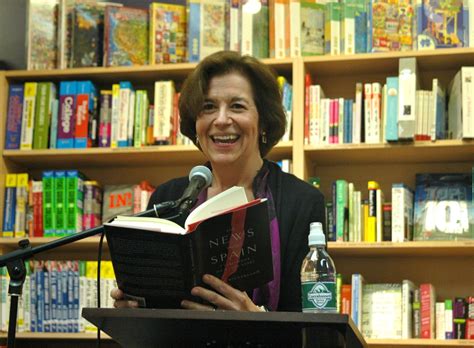A Quote by Margaret Atwood
A suicide is both a rebuke to the living and a puzzle that defies them to solve it. Like a poem, suicide is finished and refuses to answer questions as to its final cause.
Related Quotes
...we ask: Why suicide? We search for reasons, causes, and so on.... We follow the course of the life he has now so suddenly terminated as far back as we can. For days we are preoccupied with the question: Why suicide? We recollect details. And yet we must say that everything in the suicide's life- for now we know that all his life he was a suicide, led a suicide's existence- is part of the cause, the reason, for his suicide.
You never can tell, though, with suicide notes, can you? In the planetary aggregate of all life, there are many more suicide notes than there are suicides. They're like poems in that respect, suicide notes: nearly everyone tries their hand at them some time, with or without the talent. We all write them in our heads. Usually the note is the thing. You complete it, and then resume your time travel. It is the note and not the life that is cancelled out. Or the other way round. Or death. You never can tell, though, can you, with suicide notes.
They all think any minute I'm going to commit suicide. What a joke. The truth of course is the exact opposite: suicide is the only thing that keeps me alive. Whenever everything else fails, all I have to do is consider suicide and in two seconds I'm as cheerful as a nitwit. But if I could not kill myself -- ah then, I would. I can do without nembutal or murder mysteries but not without suicide.
I would you say 25-50 percent is the likelihood that my cause of death will be suicide. Not because I am depressive but because I don't attach any moral baggage to suicide, and I have no religion to hold me back. I think suicide is our right, though I think we need to exercise it with knowledge that it can hurt others. So my assumption is that if I got a fatal disease, I'd end things before I got really sick.
If suicide is allowed then everything is allowed. If anything is not allowed then suicide is not allowed. This throws a light on the nature of ethics, for suicide is, so to speak, the elementary sin. And when one investigates it it is like investigating mercury vapour in order to comprehend the nature of vapours.
Far too many doctors-many of them excellent physicians-commit suicide each year; one recent study concluded that, until quite recently, the United States lost annually the equivalent of a medium-sized medical school class from suicide alone. Most physician suicides are due to depression or manic-depressive illness, both of which are eminently treatable. Physicians, unfortunately, not only suffer from a higher rate of mood disorders than the general population, they also have a greater access to very effective means of suicide.
If poets often commit suicide, it is not because their poems are bad but because they are good. Whoever heard of a bad poet committing suicide? The reader is only a little better off. The exhilaration of a good poem lasts twenty minutes, an hour at most. Unlike the scientist, the artist has reentry problems that are frequent and catastrophic.
[On suicide:] It's the only cause of death that can be used as a noun to describe the dead person. If you die of cancer you are not called 'a cancer.' If someone else shoots you, you are not referred to as 'a murder.' But if you shoot yourself, you are labeled as a suicide. Your death becomes your definition.
It used to be said, not so long ago, that every suicide gave Satan special pleasure. I don't think that's true-unless it isn't true either that the Devil is a gentleman. If the Devil has no class at all, then okay, I agree: He gets a bang out of suicide. Because suicide is a mess. As a subject for study, suicide is perhaps uniquely incoherent. And the act itself is without shape and without form. The human project implodes, contorts inward-shameful, infantile, writhing, gesturing. It's a mess in there.



































